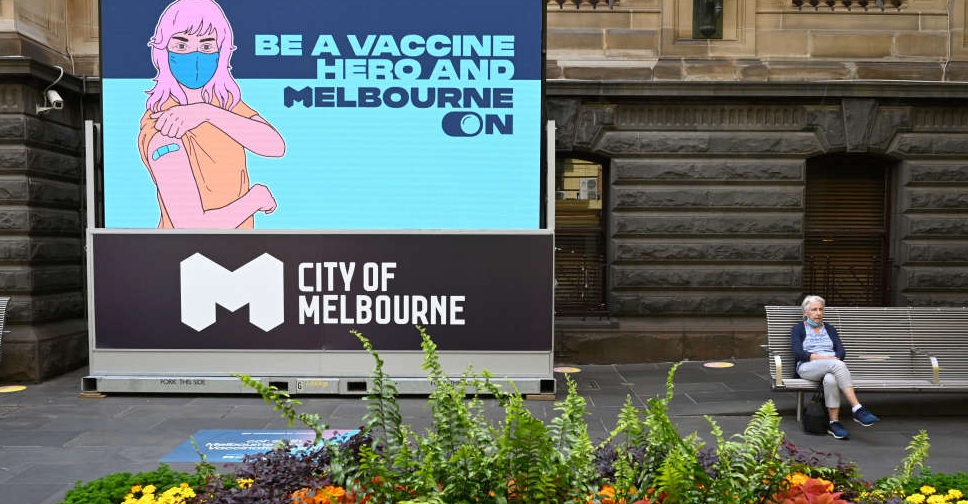
All fully-vaccinated Australian citizens and permanent residents will be able to leave the country without a special exemption from November 1, authorities said on Wednesday, as Australia eases coronavirus restrictions amid a rise in vaccination rates.
Australians have been unable to travel abroad for more than 18 months without a government waiver, while thousands of fully-vaccinated residents living abroad have been unable to return due to a cap on arrivals to slow the spread of COVID-19.
Many of these are now expected to return after Sydney and Melbourne ended quarantine rules for inoculated travellers from November 1. Other cities, mostly virus-free, are expected to ease their border rules once they reach higher vaccination rates.
"The national plan is working ... (it) is about opening Australia up and that is because the vaccination rates are climbing so high," Prime Minister Scott Morrison told Seven News on Wednesday.
Australia's drug regulator, meanwhile, provisionally approved a booster dose of Pfizer Inc's COVID-19 vaccine for people aged over 18, as first-dose vaccination levels in people over 16 neared 90 per cent.
Federal Health Minister Greg Hunt said the rollout is expected to begin by November 8 once the government receives advice from the country's vaccination technical advisory group.
The decision to lift the travel ban from next week comes after Singapore on Tuesday said it would allow quarantine-free entry to travellers vaccinated against COVID-19 from Australia from November 8.
A third wave of infections fuelled by the Delta variant forced lockdowns in Australia's biggest cities, Sydney and Melbourne, and both have been gradually easing restrictions after racing through their vaccination targets.
Even with the Delta outbreaks, Australia has fared better than many comparable countries, with around 164,000 cases and 1,669 deaths. Victoria state reported 1,534 new cases on Wednesday, up from 1,510 a day earlier, while those in New South Wales rose to 304 from 282.



 Israeli attacks on Gaza killed 60 people in 24 hours
Israeli attacks on Gaza killed 60 people in 24 hours
 Trump fires National Security Agency director
Trump fires National Security Agency director
 Israel steps up Syria strikes, says Turkey aims for 'protectorate'
Israel steps up Syria strikes, says Turkey aims for 'protectorate'
 US sending Israel 20,000 assault rifles that Biden delayed
US sending Israel 20,000 assault rifles that Biden delayed



